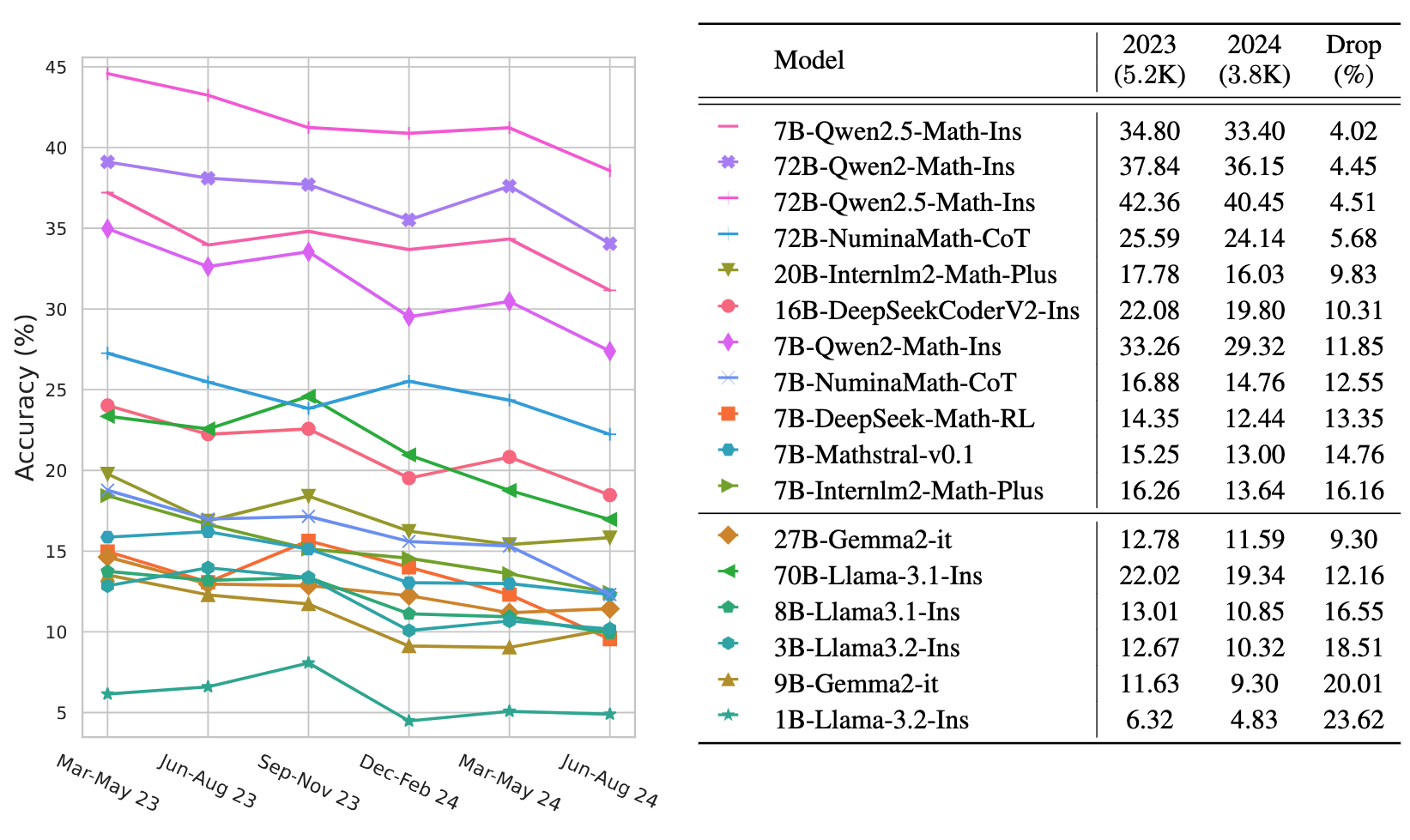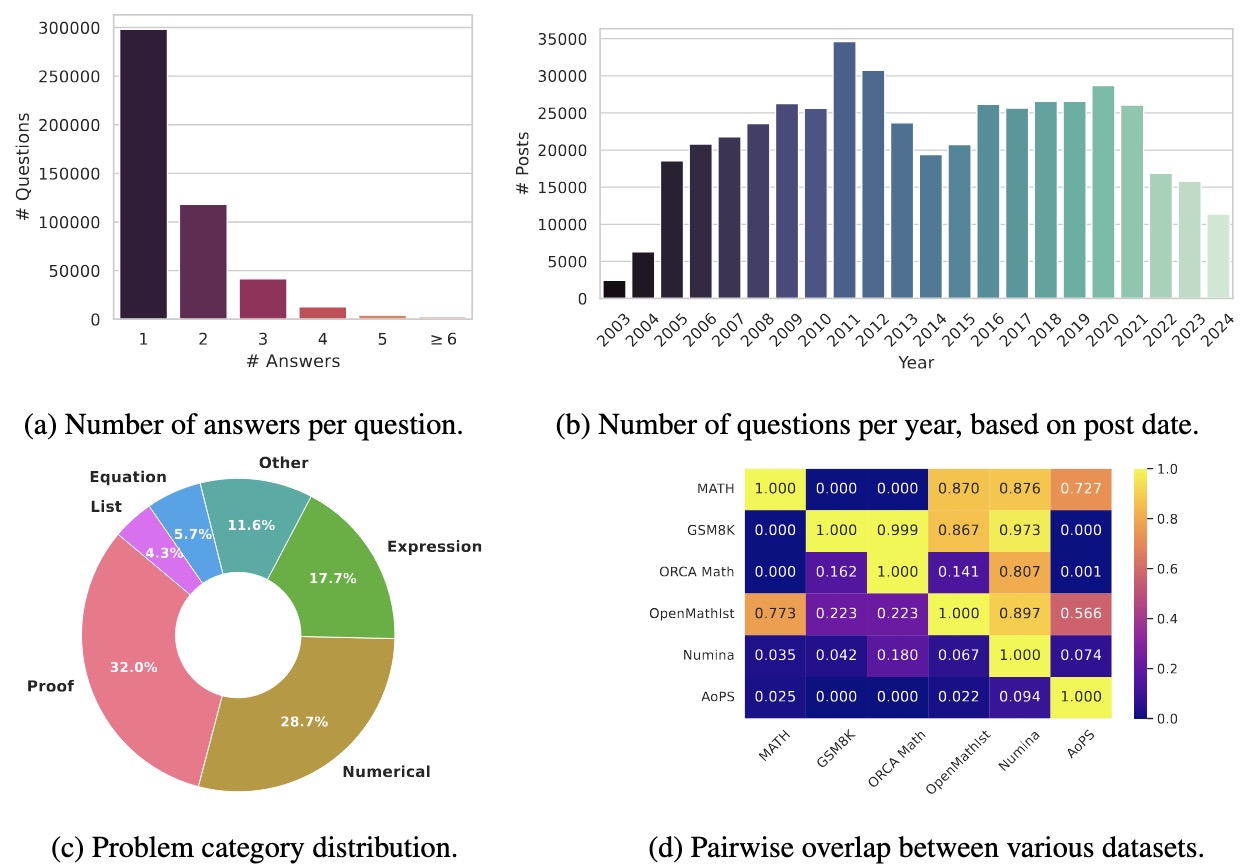Advances in Large Language Models (LLMs) have sparked interest in their ability to solve Olympiad-level math problems. However, the training and evaluation of these models are constrained by the limited size and quality of available datasets, as creating large-scale data for such advanced problems requires extensive effort from human experts. In addition, current benchmarks are prone to contamination, leading to unreliable evaluations. In this work, we present an automated pipeline that leverages the rich resources of the Art of Problem Solving (AoPS) forum, which predominantly features Olympiad-level problems and community-driven solutions. Using open-source LLMs, we develop a method to extract question-answer pairs from the forum, resulting in AoPS-Instruct, a dataset of more than 650,000 high-quality QA pairs. Our experiments demonstrate that fine-tuning LLMs on AoPS-Instruct improves their reasoning abilities across various benchmarks. Moreover, we build an automatic pipeline that introduces LiveAoPSBench, an evolving evaluation set with timestamps, derived from the latest forum data, providing a contamination-resistant benchmark for assessing LLM performance. Notably, we observe a significant decline in LLM performance over time, suggesting their success on older examples may stem from pre-training exposure rather than true reasoning ability.
Contamination-Resistant Evaluation

Accuracy trends of various LLMs on LiveAoPSBench over an 18-month period highlight a consistent decline in performance. We separate math expert models from general-purpose models, observing that degradation in accuracy varies across models, ranging from 2.4% to 23.6%.


